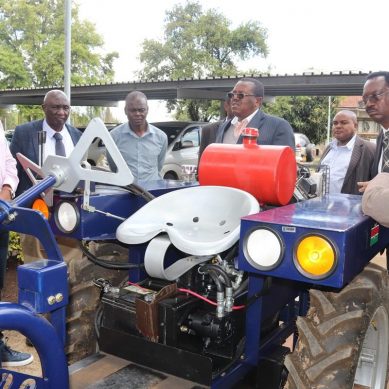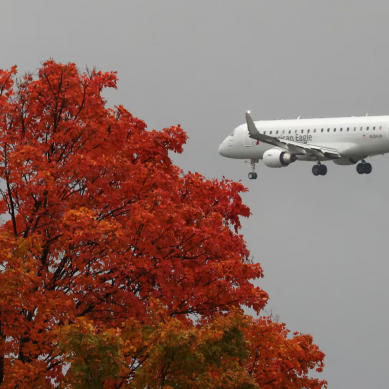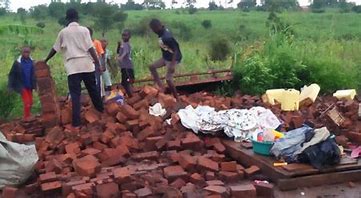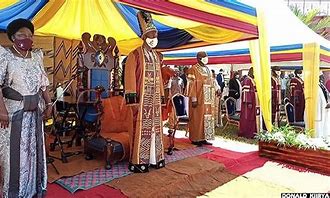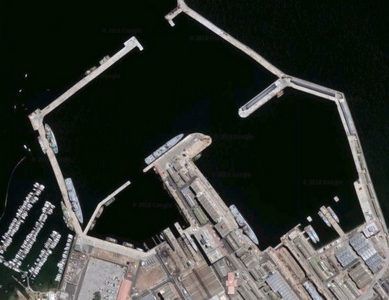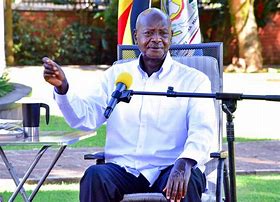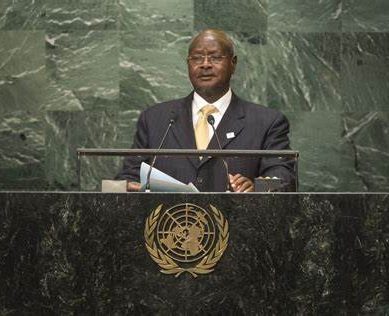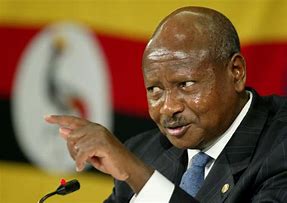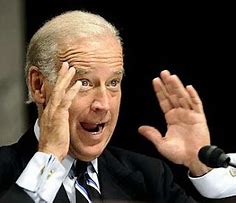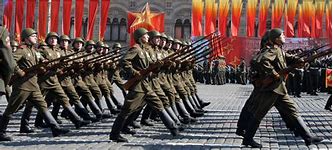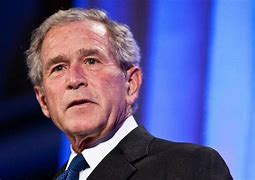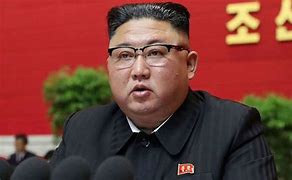Why Uganda needs stronger environmental security and integrity, not military security
Economic Development is more meaningful if it is inclusive of the poor. That is why in the past I advocated the “inclusion principle” and for the use of the Inclusive Development Index (IDI) instead of GDP.
Retooling indigenous justice system: Why Uganda should respect environmental, cultural and spiritual setting of Basoga
In the ecological-biological dimension of the environment, we in Uganda are witnessing more and more land grabbing where we used to see our people engage in highly productive bioecological farming, which was socioculturally sensitive to the survival of our indigenous people. Forests, swamps and freshwater lakes are being destroyed by greedy and selfish people whose minds are focused only on money making and primitively accumulating wealth as much as they can. This is being exacerbated by government’s choice of building money economy at the expense of more environmentally-sensitive human energy systems typical of our indigenous groups of people.
South Africa’s alleged shipment of weapons to Russia is consistent with its strong ties with Moscow
Similarly, after Russia’s invasion of Ukraine last year, Lindiwe Zulu, South Africa’s minister of social development and chairperson of the ANC’s subcommittee on international relations, said “Russia is our friend through and through … We are not about to denounce that relationship that we have always had.”
Weary of cannibalistic government, Ugandans reserve doubts about President Museveni’s vague modernity ‘evangelism’
Social exclusion will be seen in education, health, agriculture and even justice and human rights observance. The majority will be ignored and a few will have it all. The law will tend to apply to the excluded, not the included, as exemplified in the iron sheets scandal.
Why President Museveni cannot trust fellow Ugandans to guard him, is surrounded by Rwandans and Congolese
Africa hoped to benefit from globalisation by solving the perennial problems of food shortages and hunger by spurring agribusiness. Indeed, globalisation has allowed agricultural production to grow much faster than in the past. However, globalisation has allowed the stealing of Africa’s seeds and their storage in gene banks abroad.
What Uganda calls modernity is a byword for bandit economy run by refugees, ‘imported’ criminals
Unfortunately, integration of an African country in the WTO does not favour local industrialisation but instead, as a tool of globalisation and modernisation, sustains the dependency syndrome on goods and services of foreign origin with strings attached.
War on terror sought to cast US as a beacon of democracy, but private army Blackwater inflicts suffering on societies they work in
Recently, I spoke with one Marine infantry veteran who had completed four combat tours abroad for America. He told me that, after leaving the service, he lacked a community that understood what he had been through. He sought to avoid social isolation by getting a government job. However, after applying...
America’s wars: Nothing great about them except the power to destroy not just the enemy, but also themselves
n 1989, the Red Army limped out of that country, leaving behind perhaps two million dead Afghans and 15,000 of its own dead. Not so long after, the Soviet Union itself imploded and the US became the only “great power” on planet Earth.
America’s wars are nothing more than ‘ordering a wilderness of human horrors into a celebratory tale and culture’
Here’s the thing: the American experience of war since 1945 should have offered an all-too-obvious lesson for us, as well as for the planet’s other great powers, when it comes to the value of giant military establishments and the conflicts that go with them.
War is how Americans learn geography: How new nuclear age, climate change are shaping geopolitics
By 2015, Russia and the US had both announced new spending to “modernise” their nuclear arsenals and, in climate terms, it was the hottest year on record. The Bulletin ominously moved the hands of the clock to three minutes to midnight for the first time since the Cold War year of 1984.
